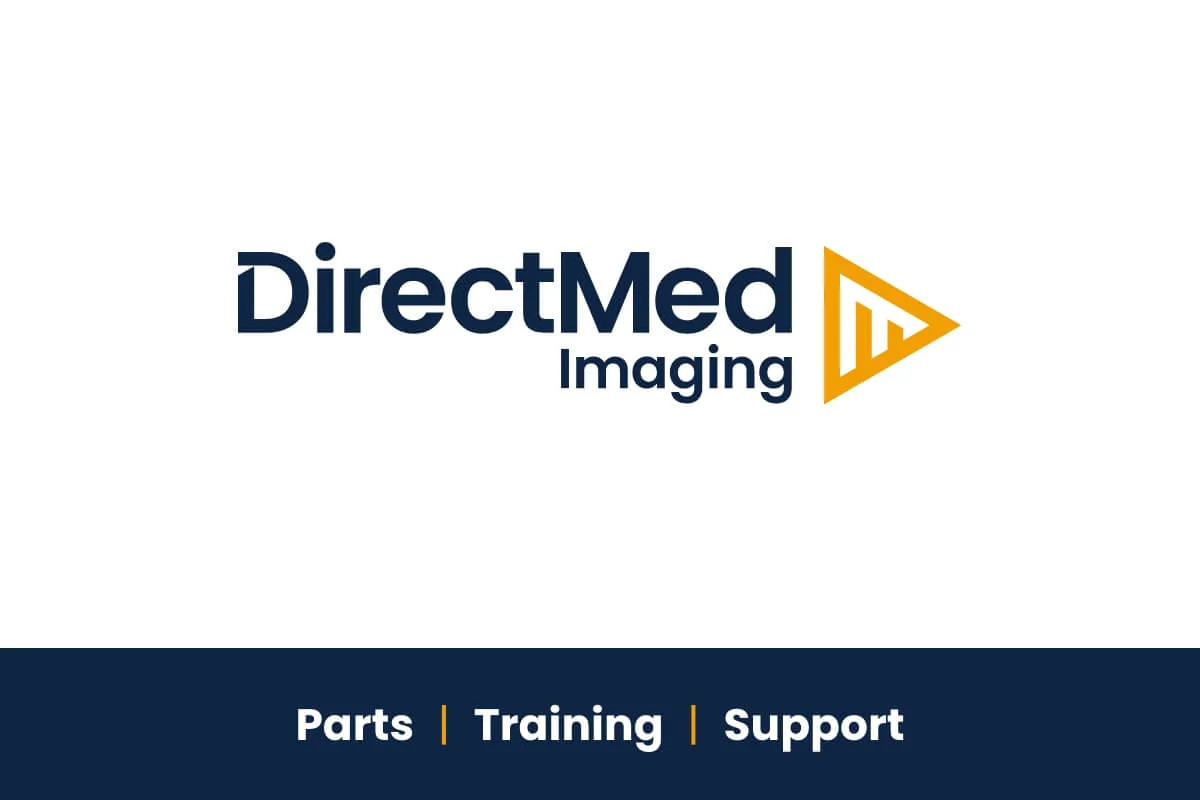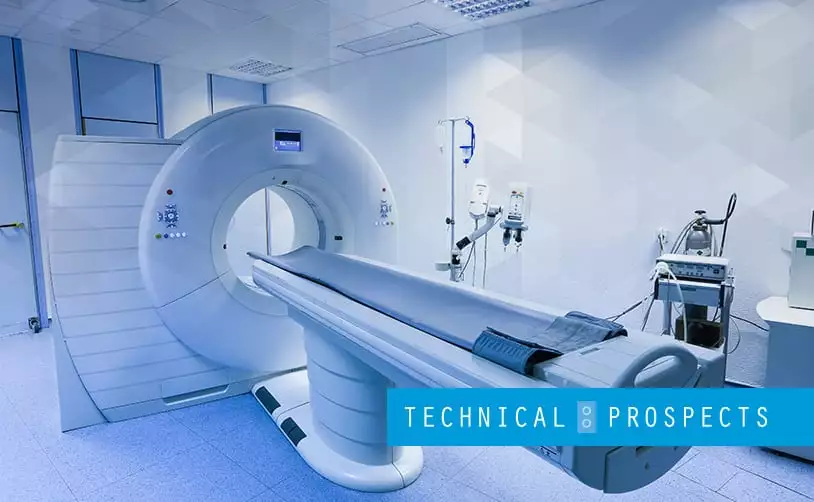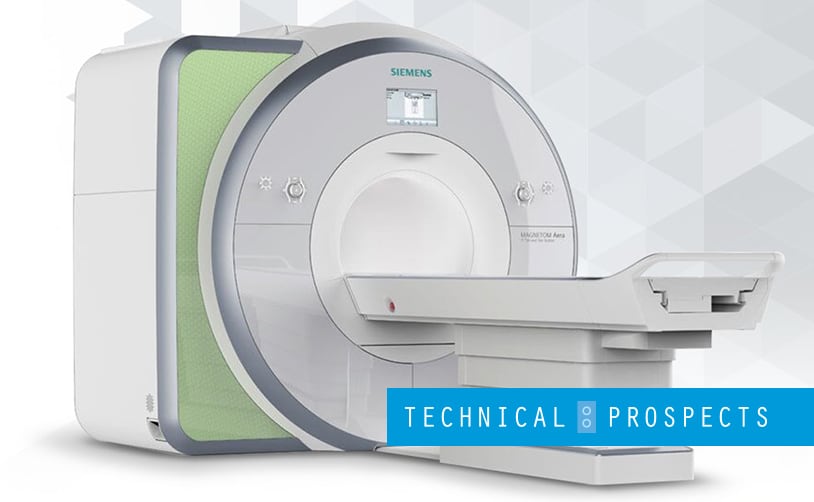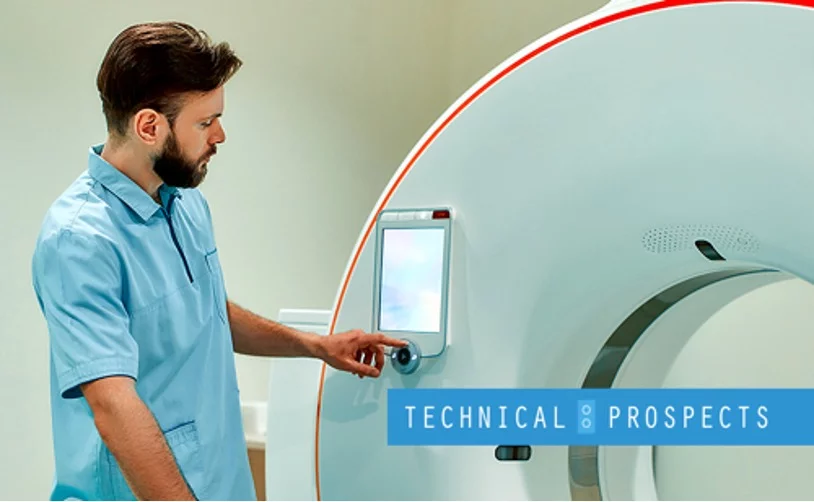The healthcare industry is ever-growing, especially considering the current digital boom. While equipment is readily available for diagnosis and treatments, patients still rely on healthcare professionals to gain access to the best possible care.
Most go through a series of assessments to ensure and confirm conditions, including CT scans, MRIs, ultrasounds, and even x-rays. To ensure no mistakes are made, however, a radiology director is necessary. These people are responsible for ensuring image results are accurate and obtained quickly, thereby allowing doctors to come up with comprehensive treatment plans.
Although not always in the spotlight, radiology directors play a vital role in the world of healthcare. Both patients and doctors rely on their keen attention to detail and accurate imaging skills, making it a rewarding career.
If you wish to explore the path of radiology directors, here’s a quick guide for you. Here, were answer your most pressing questions:
What does a radiology director do?
- Ensures a holistic approach to patient health: As previously mentioned, patients and doctors alike rely on the radiology department. Almost all units rely on accurate and quick processes of imagery, especially if a patient needs emergency x-rays, an accurate cancer diagnosis, and even MRI for brain aneurysms. As a radiology director, you will need to ensure that all procedures prioritize patient health, meaning that all treatment plans are refined and designed accordingly. Changing times also call for better imaging methods, so you also need to ensure that your department has access to all the latest.
- Ensures staff and patient safety: Tests are done with the help of rather harmful emissions, namely radiation. As a radiology director, you are tasked with ensuring a thorough safety protocol, as this keeps both your staff and patients safe from the detrimental effects of radiology. You need to proactively design safety procedures and spearhead patient experience plans, ensuring that everything flows accordingly.
- Delivers imaging quality: Seeing as the radiology department encompasses all units of the hospital, the radiology director is responsible for ensuring and overseeing the images produced by the team. Unclear images result in misdiagnosis and obscured results, which affects the quality of patient care.
- Represents the department: Finally, the radiology director will also be compelled to represent the department in meetings and public appearances, serving as advocates for the imaging industry.
What is the education pathway towards becoming a radiology director?
As with every career in the medical field, becoming a radiology director can be demanding. Here’s what you need to accomplish to reach the position of a director:
- Associate’s degree: Needed to become a technologist, where certification, management skills, and experience needs to be developed.
- Bachelor’s degree: One of the most compelling credentials, as it helps already qualified technologists to up their chances of gaining leadership positions.
- Certifications: Radiology professionals are required to go through certifications, particularly when it comes to the Certified Radiology Administrator (CRA) and American Registry of Radiologic Technologists (ARRT).
Saving Lives in The Medical Landscape
Modern medicine has given the spotlight to countless doctors, but many remain unaware of one vital component—diagnostic imaging, or the radiology units. Doctors need the help of imaging to help validate a patient’s condition, and these images also help them come up with the best possible treatment plans for patients. That said, a career path in the radiology field can be incredibly rewarding, especially if you have what it takes to become a radiology director. Keep the aforementioned above as you begin your career.
For more information on medical imaging, including parts and services, DirectMed Parts is the place to go. We are the most trusted and knowledgeable when it comes to imaging, so allow us to help you maintain and understand your CT and MRI parts better. By doing so, you maintain quality service and high-class patient care. Reach out to us today!







